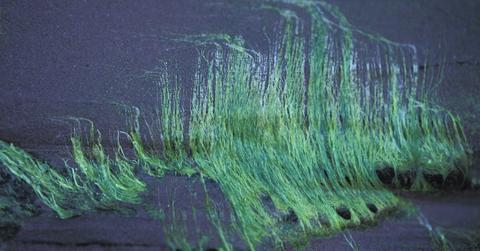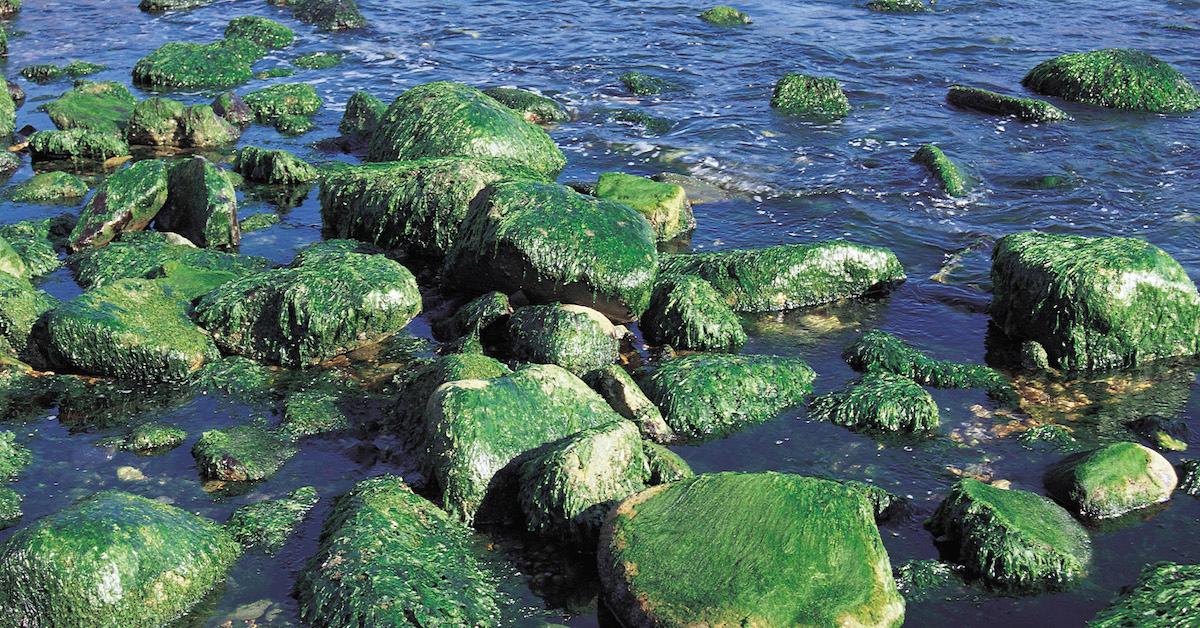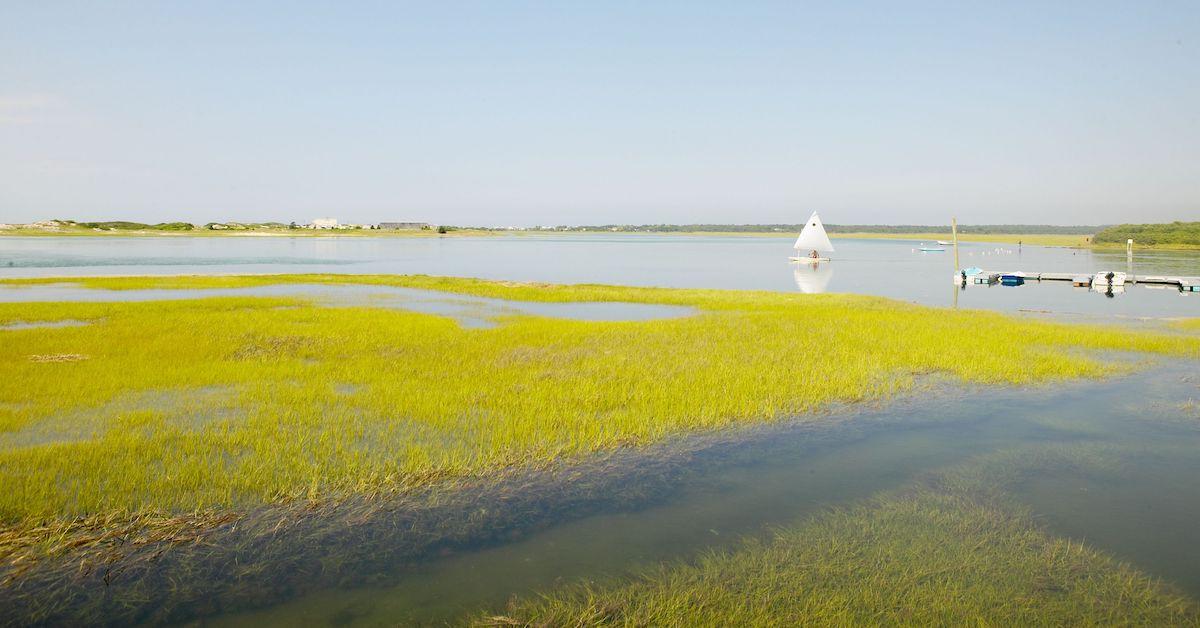The Health and Environmental Benefits of Seaweed Are Beyond Impressive
Published Jan. 3 2022, 2:37 p.m. ET

Although you've likely had seaweed on your cucumber rolls or maybe in the form of a salad, the benefits of seaweed are immeasurable. The beloved marine plant sequesters carbon from the atmosphere, and it's been deemed a superfood, providing numerous health benefits to those who eat it. That's why a number of companies in California are currently dedicating time, space, energy, and money to growing it.
"The growth of the seaweed aquaculture industry is good for the economy and good for the ocean," reads an article from the Global Seafood Alliance. "The process of growing seaweed is environmentally-friendly. Apart from planting the seeds and ensuring the seaweed is in a clean environment, seaweed often does not need feed or additional attention. The plants can grow naturally."
Keep reading for more on how seaweed is a superfood, in more ways than one.

Seaweed fights climate change.
A coalition of California companies have come together to create what is being called the blue economy. They are looking to use natural resources from the ocean regeneratively, according to San Francisco Chronicle, by growing seaweed, which has been proven to sequester carbon. Doing so requires a lengthy permit process as well as thousands of dollars, but it could be worth it for companies to achieve net-zero emissions, and to suck carbon from the atmosphere.
It also creates healthy ecosystems for shellfish.
Hog Island Oyster Co. CEO John Finger told San Francisco Chronicle the California Coastal Commission is stingy in terms of doling out aquafarming permits. But seaweed lowers ocean acidification, improving shellfish quality. It would also sequester carbon at many times the rate terrestrial forests do.
“They treat permitting a new shellfish farm like a nuclear power plant," Finger said. “It’s beautiful stuff. We get sheets of it all over our gear.”
Seaweed production is also increasing exponentially from what it was years ago — not only to eat, but also in the realm of sustainable alternatives. It is also being used to make bioplastic as well as biofuel. In fact, in 2016, the Department of Energy invested $55 million in seaweed agricultural research. And, in 2020, California's first commercial seaweed farm opened in Humboldt Bay in partnership with nonprofit organization, GreenWave, in the name of regenerative agriculture.
“In general, seaweeds are very needed in our waters,” Kalani Ortiz, a graduate student Humboldt State University's lab, told San Francisco Chronicle. “Kelp is a huge keystone species,” he explained, referring to the fact it provides food and shelter for too many species to count. Needless to say, it's an environmental savior.

Seaweed also has numerous health benefits.
In addition to being sustainable, seaweed is also delicious and nutritious, with countless health benefits. It's rich with iodine, iron, and calcium, as well as vitamin A, vitamin C, vitamin K, vitamin B12, omega-3 fatty acids, copper, protein, and fiber. With iodine and an amino acid called tyrosine, it also supports healthy thyroid function by regulating grown hormones, energy production, and reproductive hormones.
Seaweed and certain types of algae also feed gut bacteria. Many contain large amounts of fiber that feed gut flora that can prevent diarrhea and constipation. The fiber also regulates blood sugar levels and prevents weight gain, and the antioxidants can prevent cell damage and sometimes cancer. That said, we could all use a little more seaweed in our lives.